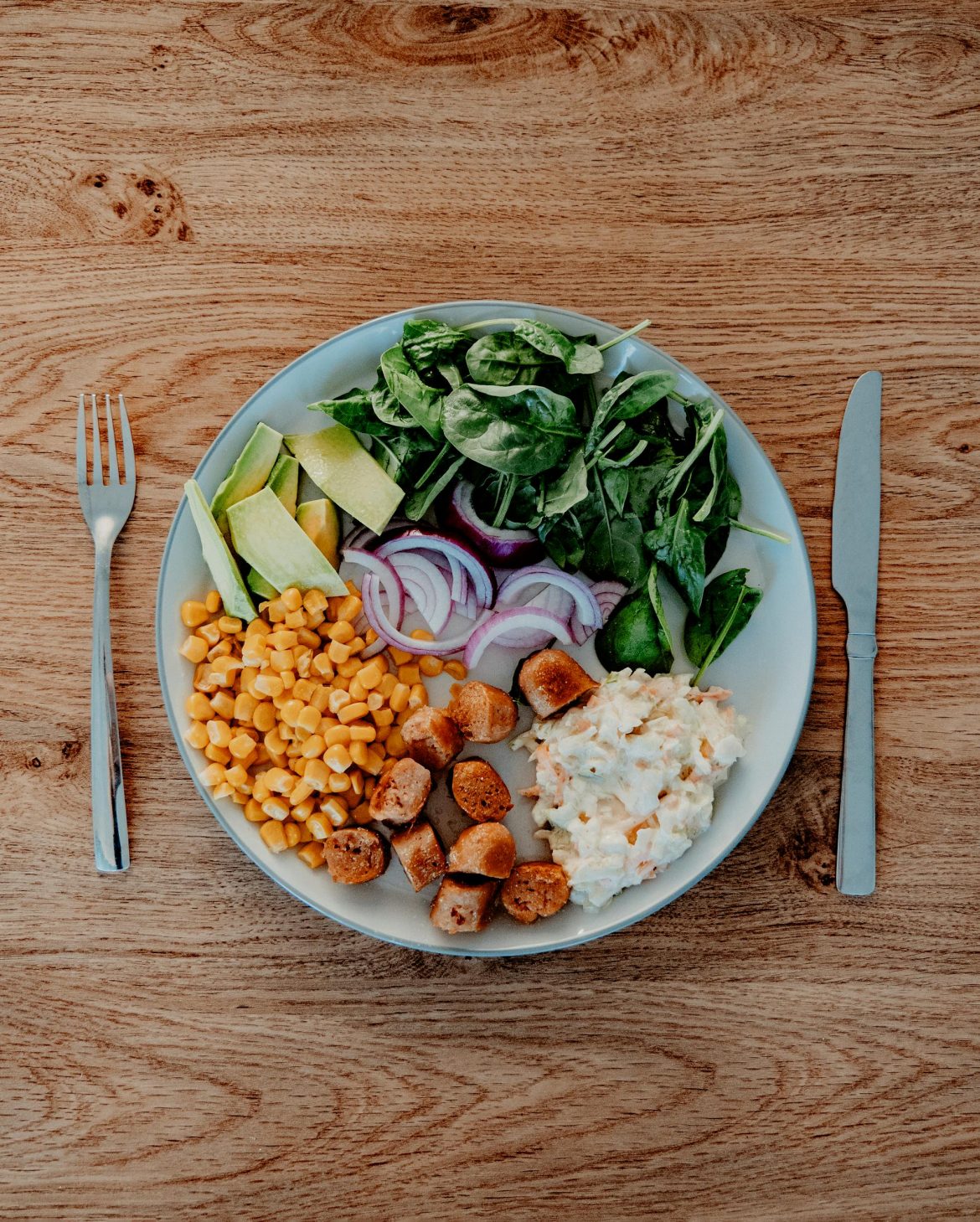New diets are always popping up, each promising to be the “one” that finally makes healthy living effortless.
Some cut carbs, others ditch fats, and many end up being short-lived flings rather than long-term relationships with food. Intermittent fasting, however, has managed to hold the spotlight for a while now. With celebrities like Jennifer Lopez, Chris Hemsworth, and Halle Berry swearing by it, it’s hard not to wonder if it really works.
So, what exactly is it – and is it just another passing trend, or could it be the real deal for weight loss?
Unlike most eating plans, intermittent fasting (often shortened to IF) isn’t about what you put on your plate. It’s about when you eat. Instead of counting calories, you’re counting hours. The idea is to give your digestive system regular breaks, allowing the body to rest and reset.
Intermittent fasting isn’t about starving yourself. It’s about creating windows of eating and fasting that may improve things like blood sugar control, insulin sensitivity, and even weight management.
During the fasting window, your body may shift from burning glucose (sugar) to burning fat for energy. This “metabolic switch” is part of why IF has caught so much attention – though experts point out that the long-term effects are still being researched.
Popular ways to fast
There isn’t just one way to do IF, which makes it adaptable to different lifestyles. Some of the more common approaches include:
- 16/8 method: Fast for 16 hours and eat during an eight-hour window. This is the most popular style.
- 12/12 method: A gentler version with equal fasting and eating windows.
- 5:2 method: Eat normally for five days, then limit calories to 500–600 on two non-consecutive days.
- Alternate-day fasting: Fast every other day, though modified versions allow small meals on fasting days.
- Periodic fasting: Longer fasts (from two to five days), done only occasionally.
Dieticians advise choosing a method that suits your daily rhythm rather than forcing yourself into a rigid routine: The best approach is the one you can actually stick to without feeling miserable.
What happens to your body
In the short term, intermittent fasting can lead to moderate weight loss, especially if it naturally reduces your calorie intake. Some studies also suggest potential benefits such as better blood sugar control, reduced inflammation, and improved cholesterol levels.
That said, these improvements are often similar to what happens when people follow any calorie-controlled plan. Timing your meals may boost insulin sensitivity and fat burning in the beginning, but over time, the body adjusts.
In other words, the magic is less about fasting itself and more about consistency. If it helps you snack less and create a calorie deficit without obsessing over numbers, it could work for you.
Does it really help with weight loss?
Yes – but with conditions. IF may support weight loss, but it’s not a free pass to eat whatever you want in your eating window. Kirby points out that many people see results because they skip unnecessary snacks or cut out an extra meal they didn’t really need.
Still, if your eating window is filled with fried foods, sugary treats, and fizzy drinks, don’t expect miracles. Whole, nutrient-rich meals remain the backbone of any successful approach.
Is it right for you?
Not everyone thrives on intermittent fasting. Some people feel energised and focused, while others experience headaches, fatigue, or irritability – particularly in the beginning. The adjustment period can take time, and easing into fasting gradually often helps.
It’s also not suitable for everyone. IF isn’t recommended for those with diabetes, low blood pressure, a history of eating disorders, or women who are pregnant or breastfeeding. Speaking to a healthcare professional before trying it is always a wise move.
Intermittent fasting is less about strict food rules and more about finding a rhythm that works for your body and lifestyle. For some, it’s a helpful tool to manage eating habits and support weight loss. For others, it may feel restrictive or unsustainable.
At the end of the day, nutrition is deeply personal – and there’s no single plan that works for everyone. If IF appeals to you, try it with guidance and patience. If it doesn’t, that’s okay too. The goal isn’t perfection – it’s building an approach to food that’s balanced, enjoyable, and sustainable.
ALSO SEE: A BEGINNER’S GUIDE TO MINDFUL EATING
Image: Pexels

